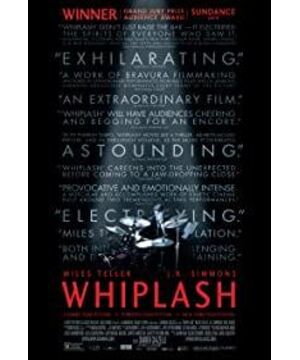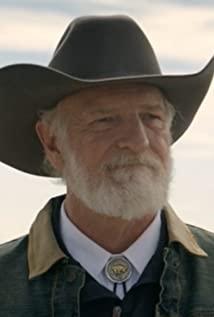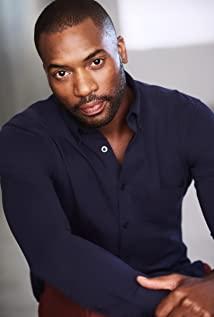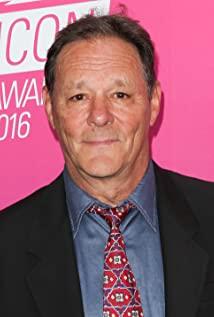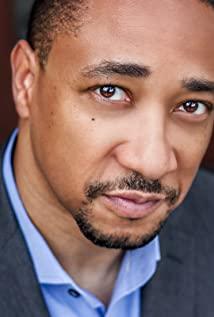Bleeding drummer:
Huxley has a saying that we will eventually be destroyed by what we love. This sentence is the most useful evaluation for Andrew. Although the film revolves around jazz music, the whole film does not express how beautiful jazz music is. At first glance, it seems to be dressed in a jazz coat and interprets American extremes. Andrew said that I would rather drug and alcohol abuse at the age of 34, and the death of my family would become a topic on people's dining tables, rather than live to be ninety years old, but no one remembers me. If we take this sentence as the starting point, then, soon we will find that the entire film belongs only to the unscrupulous 19-year-old youth. If the director just wants to perform Andrew's unwillingness and young pride, then there is no need to use this method.
Paranoid leader:
In my opinion, the focus of the film is actually on the master Fletcher. The film does not directly show Fletcher's purpose. As the plot progresses, Fletcher's purity becomes more and more obvious. . This design has two advantages. Although the role of Andrew is exciting, it is a bit thin, and the Fletcher-focused interpretation can make up for the shortcomings of Andrew's role, and at the same time, it can also show the audience Andrew's superb skills. And the pursuit of selflessness. The audience who enjoys this film may not all know the essence of jazz, so the director is very clever to make up for this omission with a role setting like Fletcher. And Fletcher's harshness is easier to understand under this premise.
The filming method of the whole film is very simple. It can be said that it uses a very traditional method of filming. The connection between the lens and the lens and the transition of the plot have not been laid out too much. The excitement and excitement of the film must be affirmed, but the problems are still very obvious. In "Burst Drummer", Andrew is a unique personality whose characteristics have not been well displayed, resulting in the thinness and lack of persuasiveness of the role. Although the bloody drummer can easily play a sensational role, but it can also easily make this setting cheap.
The story of the film is very simple. In addition to the mutual indulgence and mutual gambling between the master and apprentice, there are also a few love scenes and family scenes. The biggest contradiction in the film is that the paranoid student meets the teacher who likes to use extremely harsh methods to stimulate the students' potential. When Andrew picks up the drum stick, something unexpected happens, which makes the plot more ups and downs. obvious. The most fascinating part of the film is the performance at the end. Although there is no result, it is exciting for a long time. In addition to the high degree of observability of the movie "Burst Drummer", the ending is also a highlight. It has been following the plot of the viewer. I thought the plot would fall into a conventional structure, but the director played at the end. The art of leaving a blank space is endlessly memorable. If there is anything left in the film, for me, it is probably the phrase, "Nothing is more harmful than casual praise."
View more about Whiplash reviews


